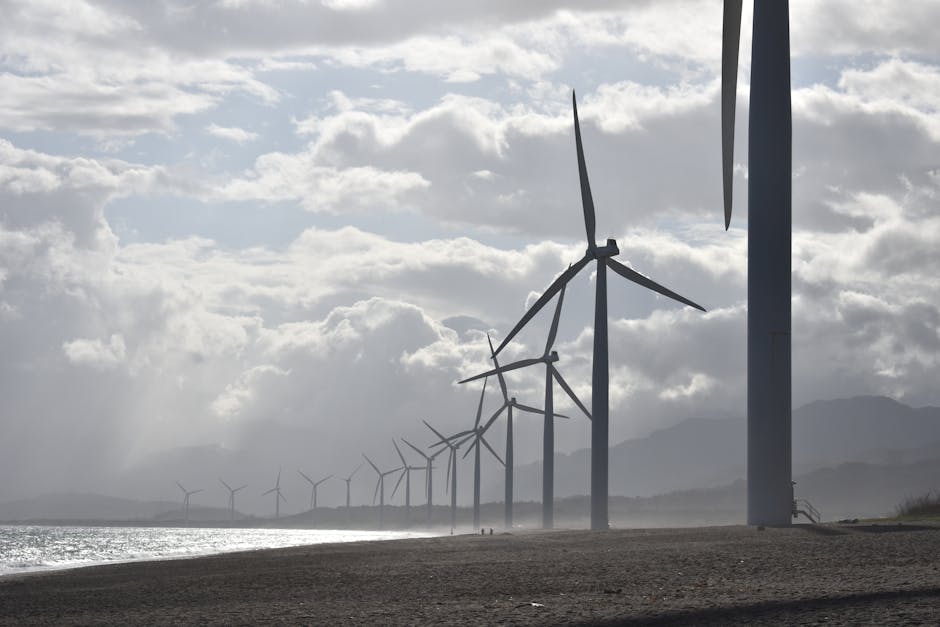
Wind Energy Advantages: Harnessing Nature's Power for a Sustainable Future
Introduction to Wind Energy
Wind energy is a renewable and sustainable source of power that has gained significant attention in recent years. As concerns over climate change and environmental impact increase, utilizing wind power offers numerous benefits over traditional fossil fuels.
Environmental Advantages of Wind Energy
One of the main advantages of wind energy is its minimal environmental footprint. Unlike coal or natural gas plants, wind turbines do not emit greenhouse gases or air pollutants, making them an eco-friendly option for generating electricity.
Economic Benefits of Wind Power
Investing in wind energy can lead to significant economic advantages, such as job creation and local economic development. Additionally, wind power helps reduce dependency on imported fuels, promoting energy independence. For more details, visit our economic benefits of wind power page.
Social Impact and Community Development
Wind energy projects can bring social benefits to communities, including employment opportunities and infrastructure improvements. Communities located near wind farms often see increased investments and revitalization efforts. Learn more about community benefits of wind energy.
Challenges and Future Perspectives
While wind energy offers many advantages, it also faces challenges such as variability and site selection. Advances in technology and energy storage solutions continue to improve the reliability and efficiency of wind power systems.
Conclusion
Overall, the advantages of wind energy make it a vital component of the global transition to sustainable energy sources. As technology evolves, wind power will likely play an increasingly important role in securing a clean and sustainable future for all.
